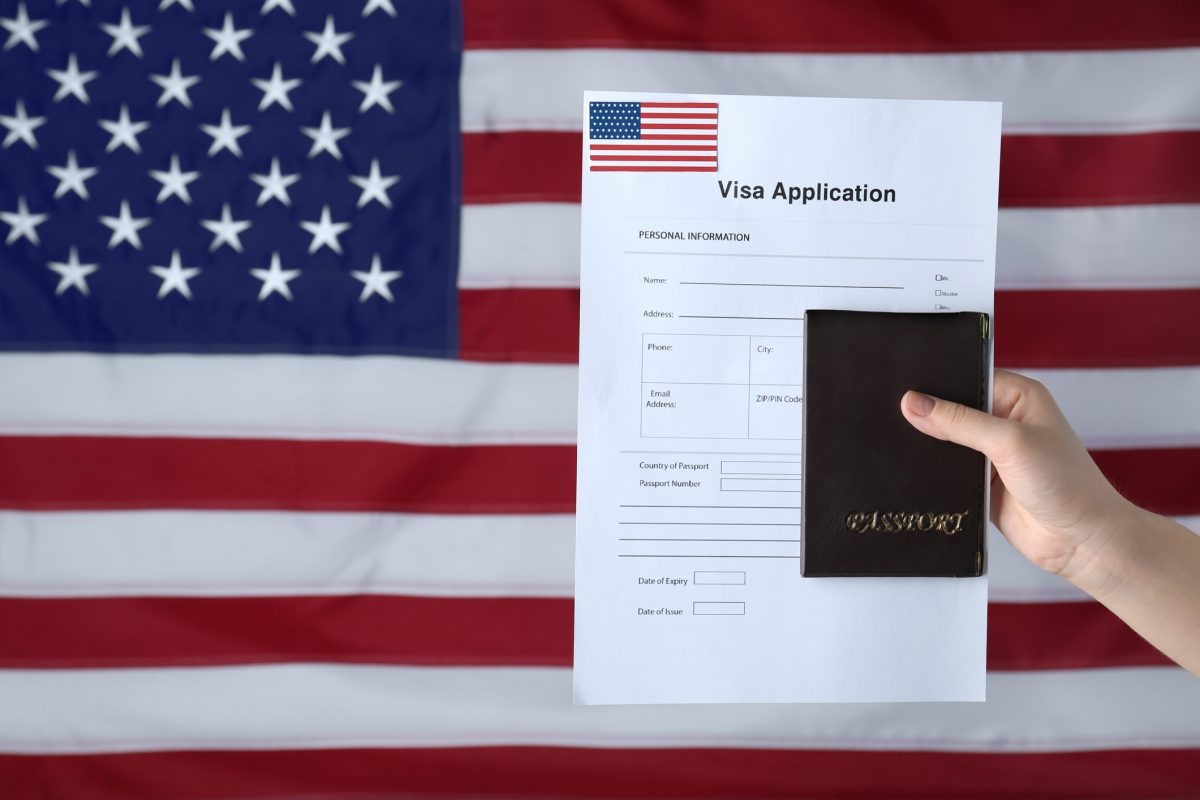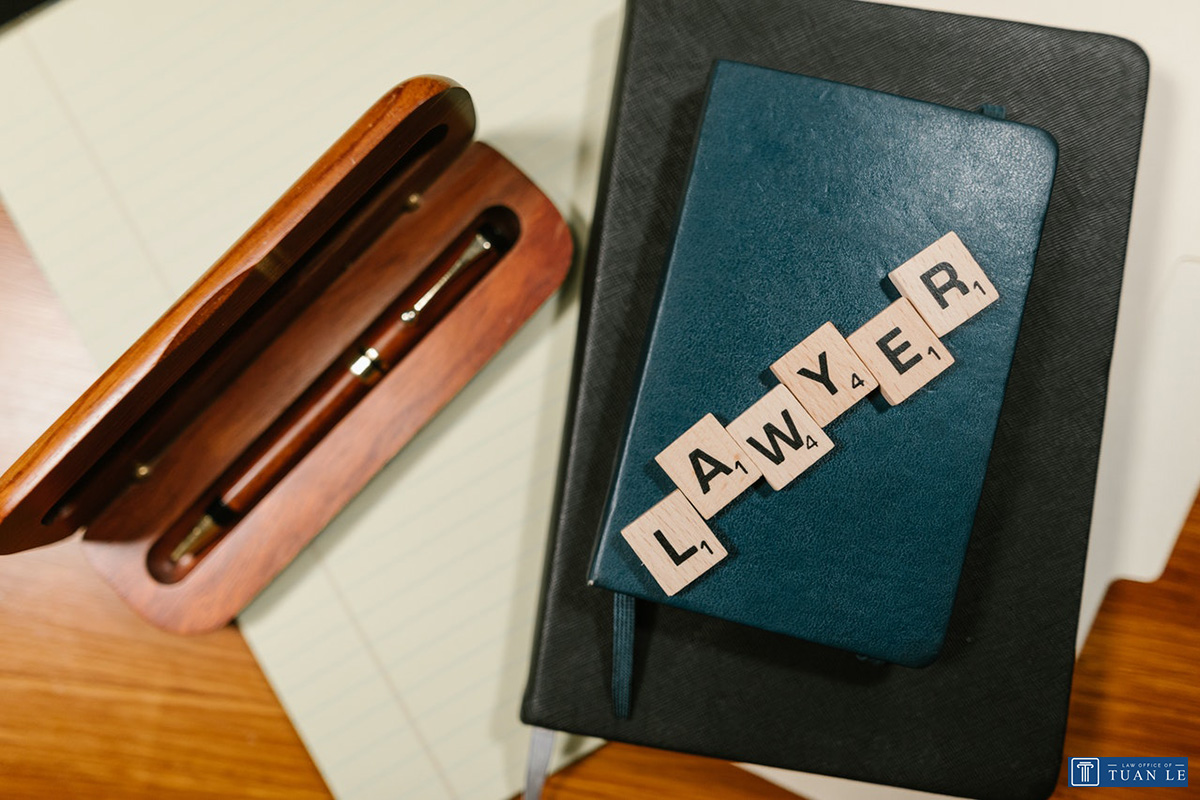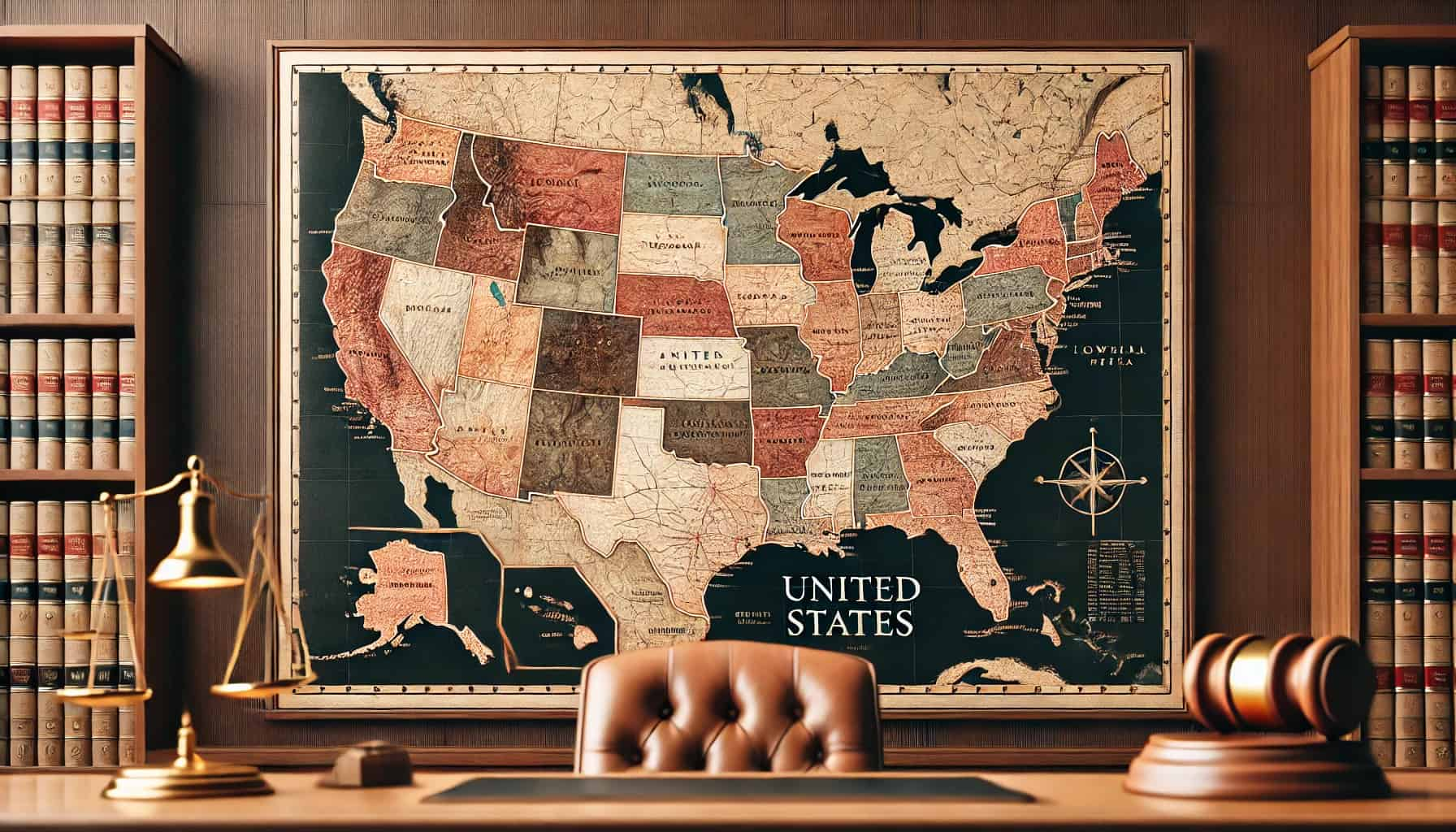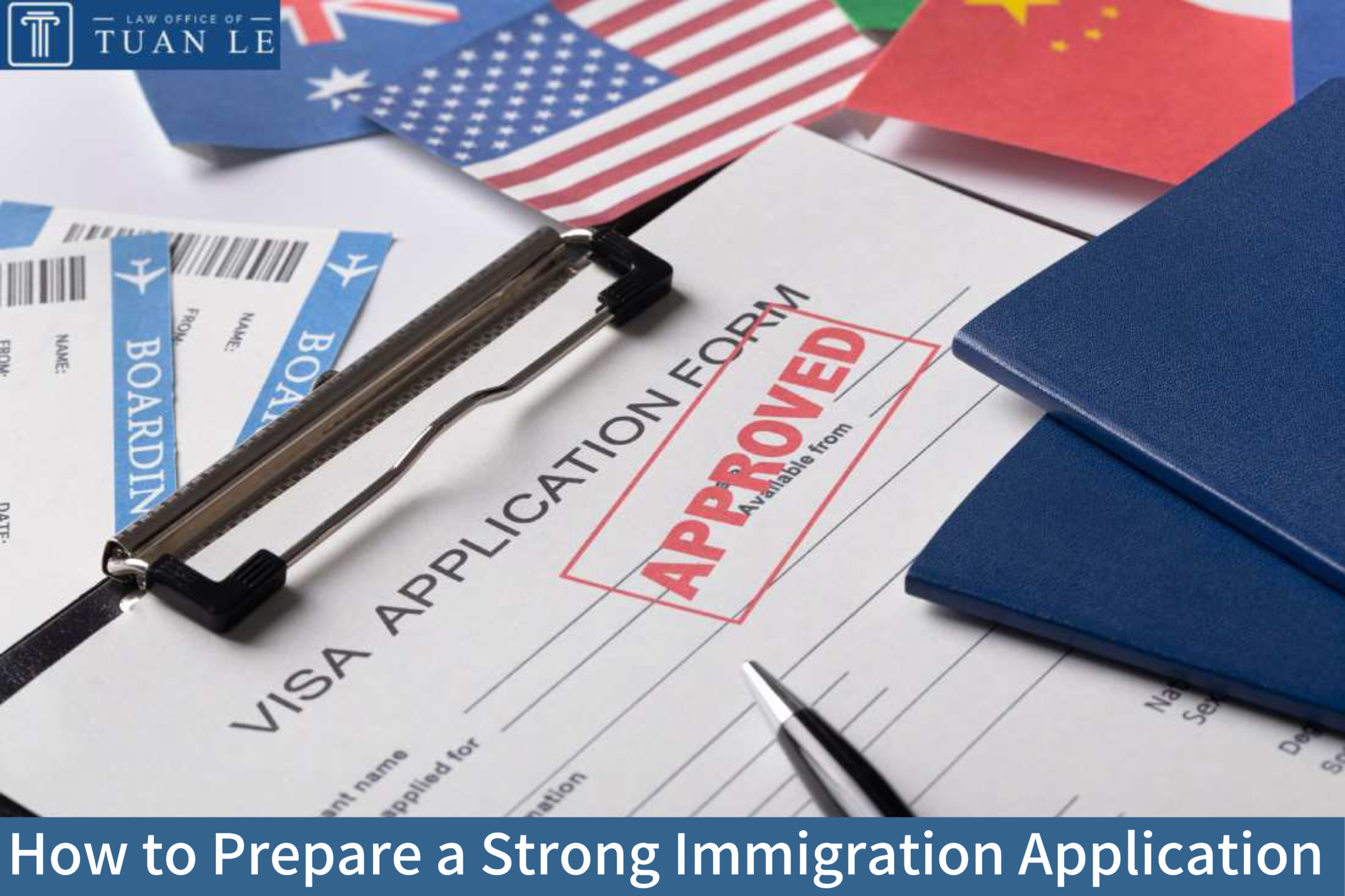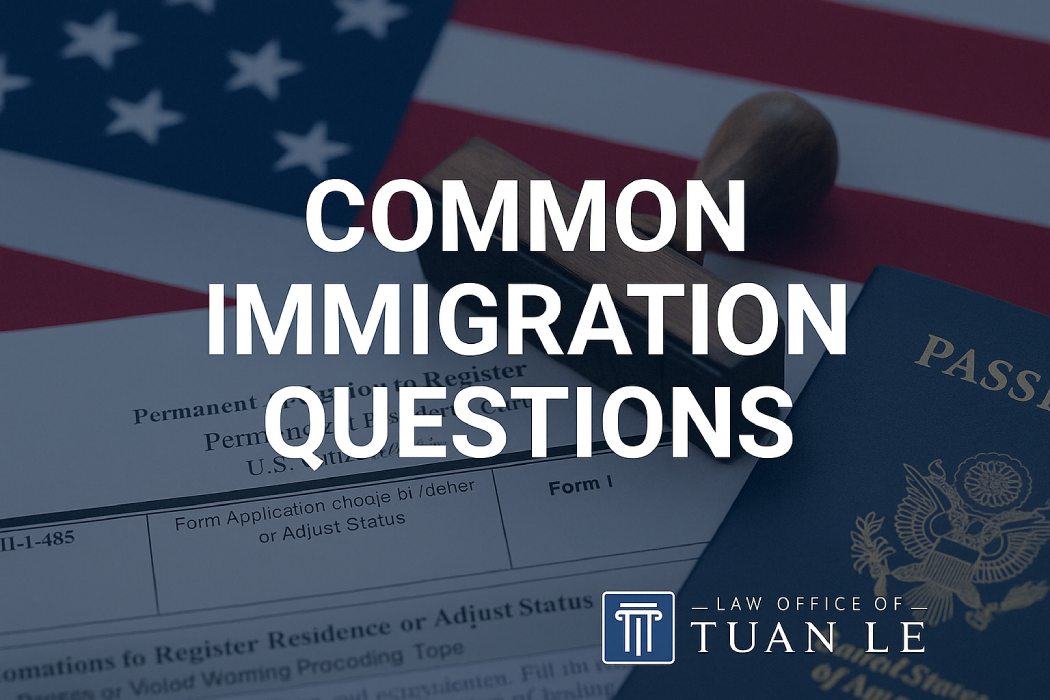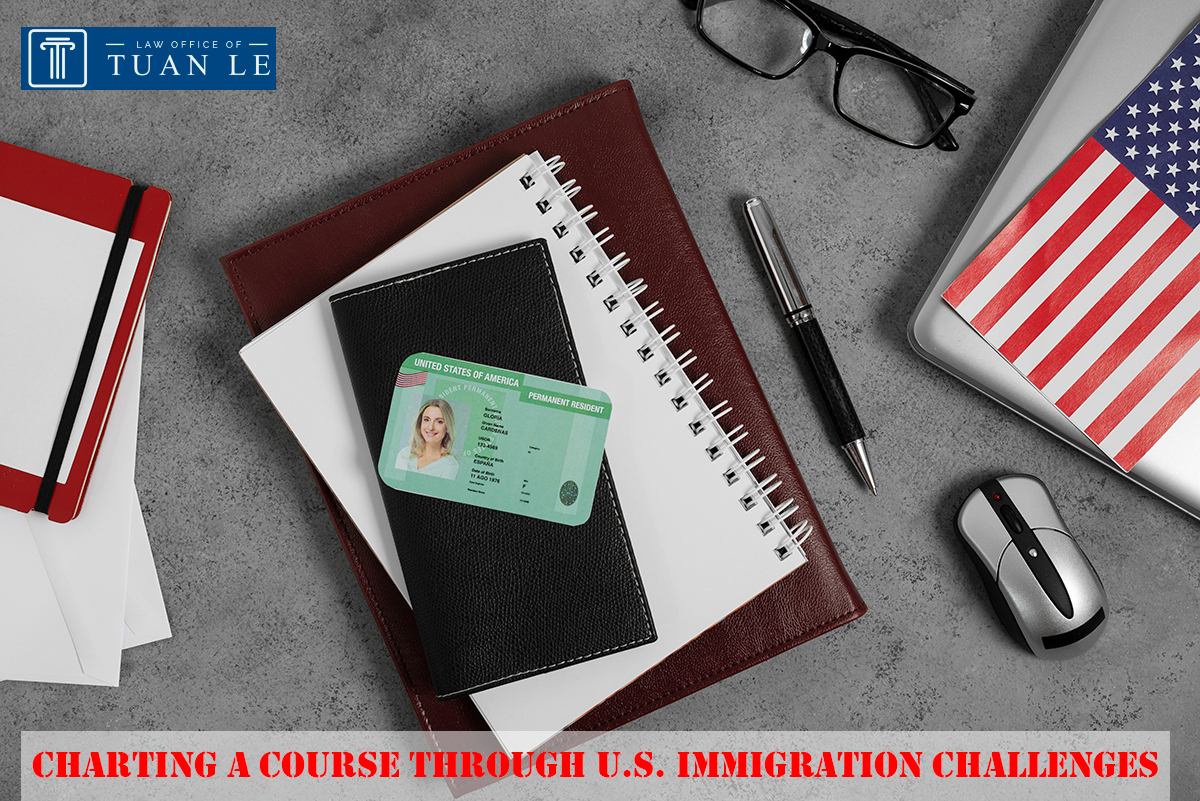Types of Bankruptcy
Types of Bankruptcy
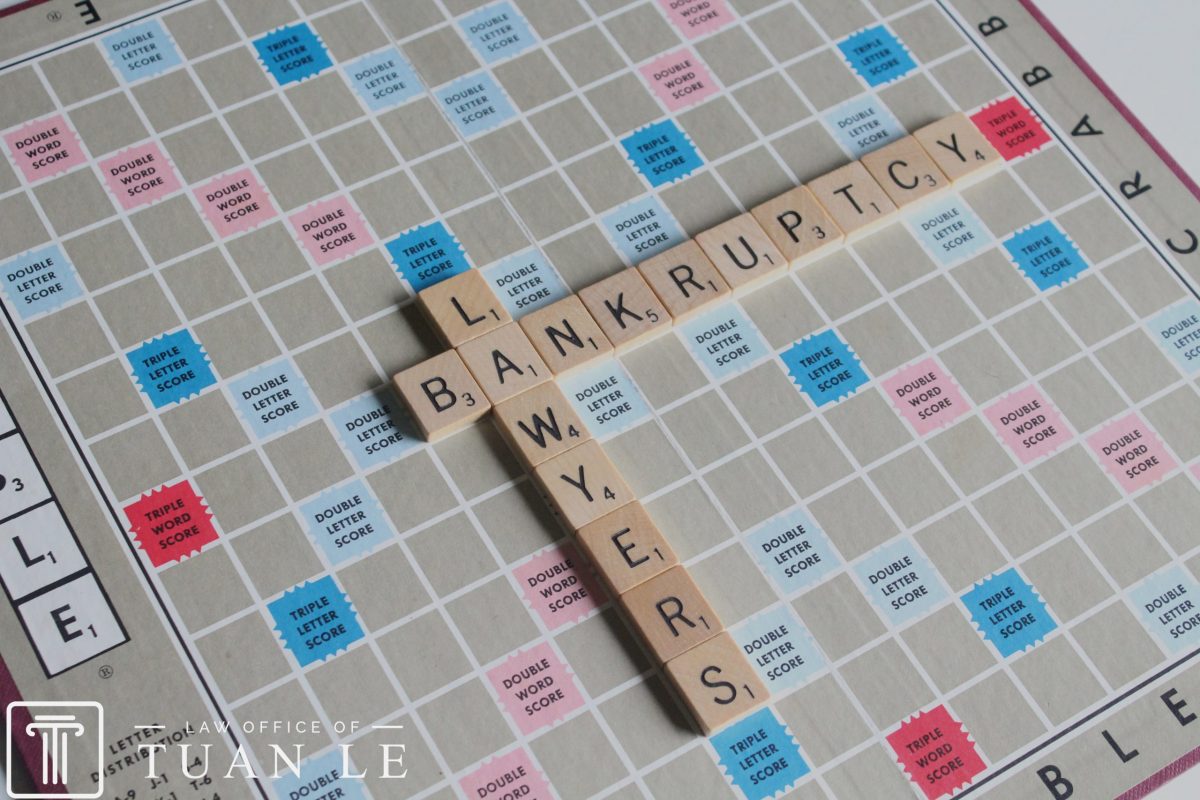
Bankruptcy offers an exit to individuals or businesses that are unable to repay their outstanding debts. If you are burdened with a debt you are struggling to repay, you can decide to file for bankruptcy as a means to end all the pain that dealing with creditors on a daily basis brings.
There are different types of bankruptcy filings in the United States. You can make use of these filings to get out of an adverse debt situation. The outstanding debt can either be forgiven or some portion of it can be paid measuring and assessing all your assets. However,you need to know what types of bankruptcies you can avail yourself of and which ones you qualify for. The process of bankruptcy filings initiates with the filing of a petition in the federal courts of the USA.
Key points about bankruptcy include:
- Bankruptcy is a legal method for individuals and businesses to become debt-free.
- The federal courts of the USA handle bankruptcy petitions.
- The petitions can be filed either by the debtor or the creditors.
- The US Bankruptcy Code (also Title 11 of the United States Code) outlines all the procedures associated with bankruptcy filings.
- There are many types of bankruptcy (Chapter 7, Chapter 13, Chapter 15 etc).
- Bankruptcy paves the path for a new beginning.
Though filing for bankruptcy brings you freedom from debt, it also impacts your credit in the long term. Bankruptcy will be there on your credit report for multiple years in a row, affecting your loan approval prospects.
Basics of Bankruptcy
Do you feel burdened by the heavy weight of your outstanding debt? Are you unable to repay the debt? You have run from pillar to post – but nothing helped? Under these circumstances, you have an option to file for bankruptcy. But these filings are not simple. If you plan to file for bankruptcy in the United States, you need to seek the expert help of a bankruptcy attorney.
The bankruptcy attorney will guide you throughout the entire process of bankruptcy filings. The attorney will make sure that the process is hassle-free and all the rules of the bankruptcy code are duly followed.
Before you are eligible to file for bankruptcy, you’ll need to qualify certain criteria. The very first thing that you need to do in this regard is to showcase that you don’t have the ability to repay your debts. You’ll need to go through credit counseling as well. There are credit counselors, approved by the government, who will offer you counseling and present you with alternate options to bankruptcy filing.
Choosing Between Various Types of Bankruptcies
The Bankruptcy Code comprises several chapters. Whichever type of bankruptcy filing you want to go with, it will fall under one of the many chapters in the code. There are two bankruptcy types that are most common and popular of all – Chapter 7 and Chapter 13. However, there are several other types apart from these. The costs of bankruptcy filings vary from one case to another.
Each case of bankruptcy filing is unique. Some of these cases are more complex than others. In addition to that, there are many other factors that determine the actual amount spent on bankruptcy filings.

Chapter 7 Bankruptcy
This type of bankruptcy filing is also referred to as straight bankruptcy. It is the most common chapter that comes to mind when people consider filing for bankruptcy. Under this chapter, people who have little or no assets at all can file a petition for bankruptcy in the federal courts of the USA.
If you have an outstanding credit card balance or medical bills that you are unable to repay, you may want to file for bankruptcy under Chapter 7. This type of bankruptcy filing comes along with its own rules and regulations. After you have filed a petition in the federal court for the same, you’ll be assigned a trustee for the evaluation of your assets. The federal court trustee will first determine which of your assets are exempt and which of your assets are non-exempt. Then, the trustee will arrange and oversee the sale of the non-exempt property.
Money that comes from the sale of these assets is used to repay some portion of the outstanding debt, whereas the remaining balance is eliminated. If the petitioner doesn’t have any non-exempt property, the filing is called a no-assets case. In this case, the debtor retails all his assets. Most of the Chapter 7 bankruptcy filings in the United States fall into the no-assets case category.
Chapter 7 bankruptcy also has its own consequences. You may have to feel the heat of this type of filing after the discharge. Your credit report will carry this negative information for a period of 10 years after the date of filing. If you find yourself under a debt situation again, you will be barred from filing for bankruptcy under Chapter 7 again – until eight years have passed.
You Can Schedule a Consultation with a Immigration Lawyer in Orange, CA
Chapter 11 Bankruptcy
Many businesses choose to file for Chapter 11 bankruptcy in a bid to continue the operation of business while also implementing a debt repayment plan. The execution of the debt repayment plan happens under the supervision of the federal court. Apart from businesses, some individuals also decide to file for bankruptcy under Chapter 11. The purpose of this type of bankruptcy filing is to be able to repay some portion of the debt while staying in business.
If you plan to file for bankruptcy and implement some cost-cutting measures and remain profitable, this may be the right type of bankruptcy filing for you. In short, Chapter 11 bankruptcy filing doesn’t require you to stop conducting business. You can continue doing business, increase the service pricing and expand the ambit of your services as well to make profits. If you have stockholders, only the preferred ones of the lot may get payments whereas common stockholders will not be able to receive payments. This type of bankruptcy filing is common for those businesses that need more time to restructure their debts.

Chapter 13 Bankruptcy
This is also referred to as a wage earner’s plan. Individuals, who don’t qualify to file for bankruptcy under Chapter 7 due to large earnings, can file for Chapter 13 bankruptcy. Whether you are an individual or a business owner, you can file under this Chapter and start to work on a debt repayment plan.
Under this bankruptcy filing, your bankruptcy attorney and the courts enter into an agreement, which is actually an exchange. As per this agreement, you can keep your assets and repay your debts in multiple installments. The repayment plan is from three to five years. During this period, you can continue to repay the agreed installments and the courts will let you have your property, including otherwise non-exempt. Once you have completed the agreement, your entire outstanding debt is eliminated – even if you repaid only some part of it.
As compared to other types of bankruptcy, Chapter 13 bankruptcy doesn’t hurt your credit report too much. Under this bankruptcy, your credit report will be cycled off after a period of seven years. Moreover, if you get yourself into debt again, you’ll be allowed to file for Chapter 13 bankruptcy after 2 years.
Other Types of Bankruptcy Filings
Apart from Chapter 7, Chapter 11 and Chapter 13, there are many other types of bankruptcies that the law allows filing for. For each separate Chapter of the bankruptcy code, there is a separate bunch for rules and regulations that need to be followed. For example, Chapter 9 bankruptcy is not for individuals. In fact, it is for municipalities that struggle with financial burden. Under this chapter, municipalities in cities, towns and villages can file for bankruptcy.
Chapter 10 bankruptcy was in effect earlier. But now, it has ceased to function and been replaced with Chapter 11.
If you own a fishery or a family farm and are unable to repay the outstanding debt, you can file for bankruptcy under Chapter 12. Under this type of filing, you can negotiate a plan for the repayment of debt while still keeping the business in operation. Chapter 15 bankruptcy is a relatively new type of bankruptcy, introduced in 2005. This bankruptcy filing focuses on those cases that involve two countries. Though this is for cross-border cases, the law allows the debtor to file the bankruptcy petition in their home country. For more details of these bankruptcy types, you should get in touch with an attorney who is a specialist in bankruptcy law.
Final Words about Debt Relief
Not being able to repay a debt, as it was agreed earlier, reflects badly on your credit report. While you can choose from various debt relief options, the ramifications can leave you feeling the heat for a long time. Some debt relief options can hurt you more harm than others. That is why, it is crucial to carefully weigh all the available options and then opt for one that is least painful.
If you feel you have run out of all the options and now the only option left is to file for bankruptcy, you should get in touch with a specialist bankruptcy attorney to discuss the details of your specific case.
The information provided on this page or article does not, and is not intended to, constitute legal advice; instead, all information, content, and materials available on this this page or article are for general informational purposes only. Information on this this page or article may not constitute the most up-to-date legal or other information.
Readers of this this page or article should contact their attorney to obtain advice with respect to any particular legal matter. No reader, user, or browser of this this page or article should act or refrain from acting on the basis of information on this site without first seeking legal advice from counsel in the relevant jurisdiction.
By Tuan Le|September 16th, 2020|Comments Off
About the Author: Tuan Le
Are you dealing with an immigration issue or planning to file for bankruptcy? Mr. Tuan Le is an expert attorney who offers representation in all these areas.

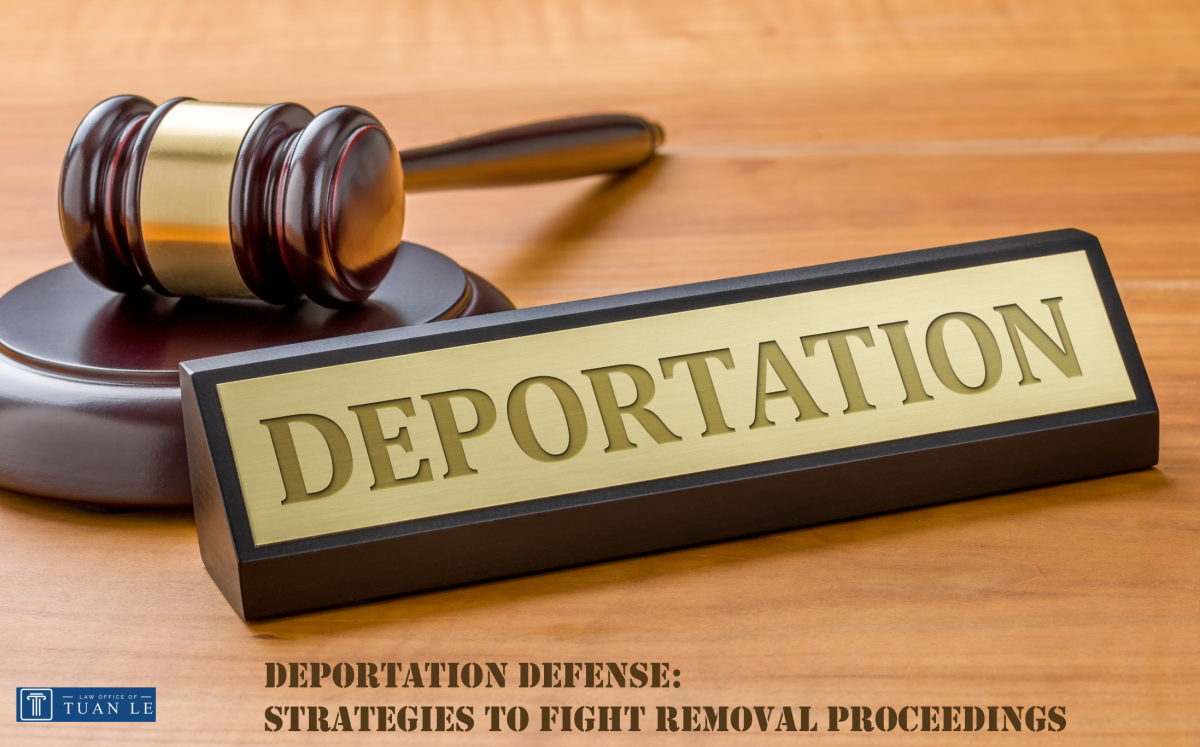

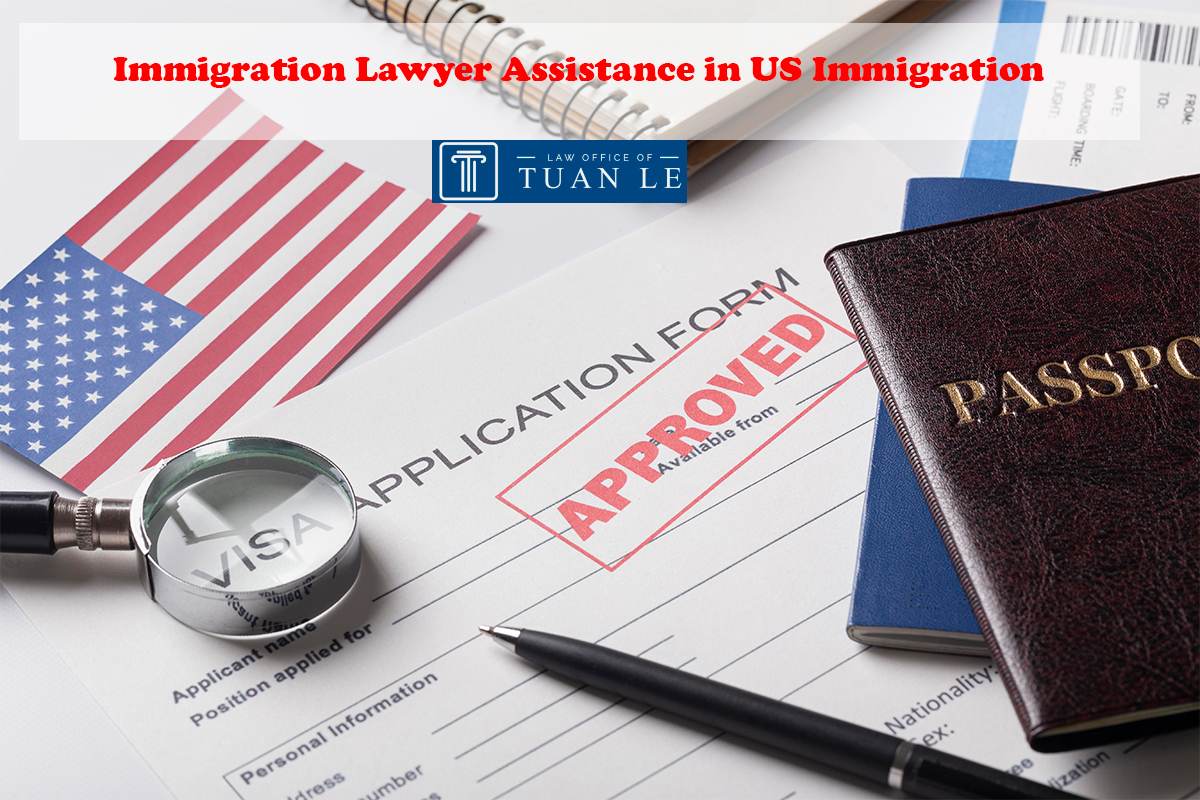
.jpg)
.jpg)
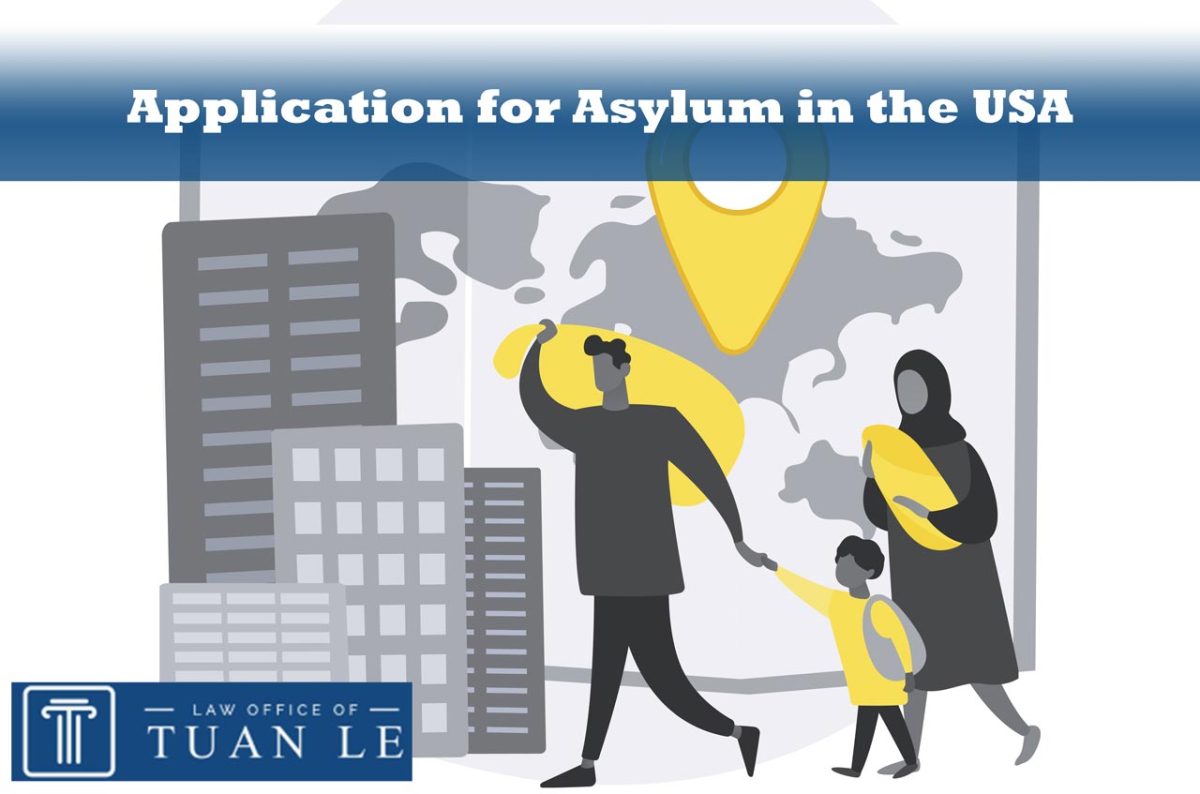
.jpg)
